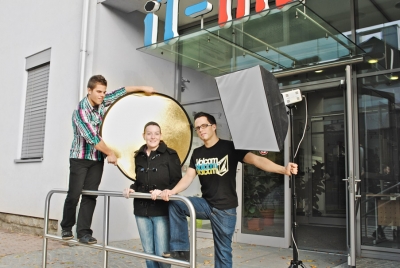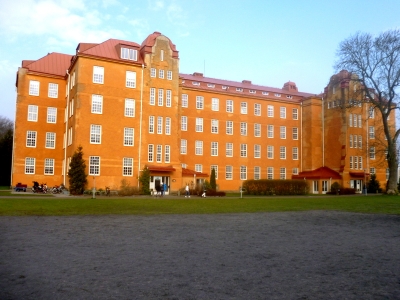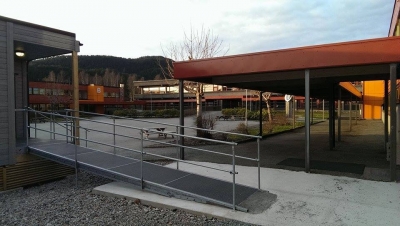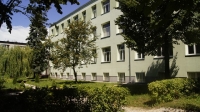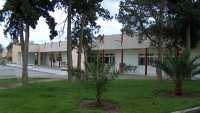SID - Safer Internet Day activities at the Fridagymnasiet college in Vänersborg, Sweden, part 2
- Published in Participating Schools
- Written by
- Be the first to comment!
SID - Safer Internet Day at the Fridagymnasiet college in Vänersborg, Sweden, part 2
The Swedish Media Council (Statens medieråd in Swedish) has published a pedagogical material to be used in schools during the MILweek -(Media- och InformationsKunnighet) 9-13 February. The work consist of four parts, training, knowledge about the role of Media in our society, How to search for, analyse and critically value information, as well as communicate and create using the internet and media.
The Media Council also provides information and training material for IST for teachers about how to work with Media and Information on the internet. The material is used to educate the individual teacher as well as the teacher teams and prepare everyone better for teaching and working with the students on the theme. A link to the material can be found here. Classroom tasks can be found here.
The material "Vilja veta!" or in English "Want to know!" , is used during a lesson of 60 minutes and provides teachers with a tool on how to discuss the media use of young people. The interactive part is a competition in groups where you get 27 different taks where you either reply to questions, search for an answer or fulfill tasks to test your knowledge about media in general and how skillful you are when it comes to using it in a good and efficient way, scrutinizing posts and reflecting upon the authenticity of content, pictures etc. in particular. For the competition, the groups use a computer or preferably a smart phone and you need about 30 minutes to work it through.
To view the competition (all questions are in Swedish)
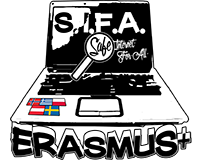
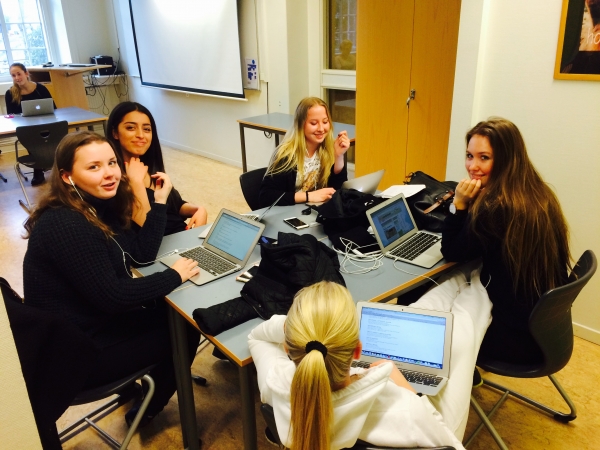
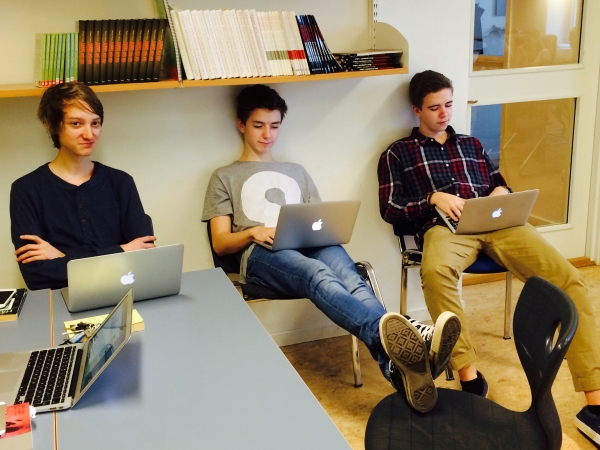
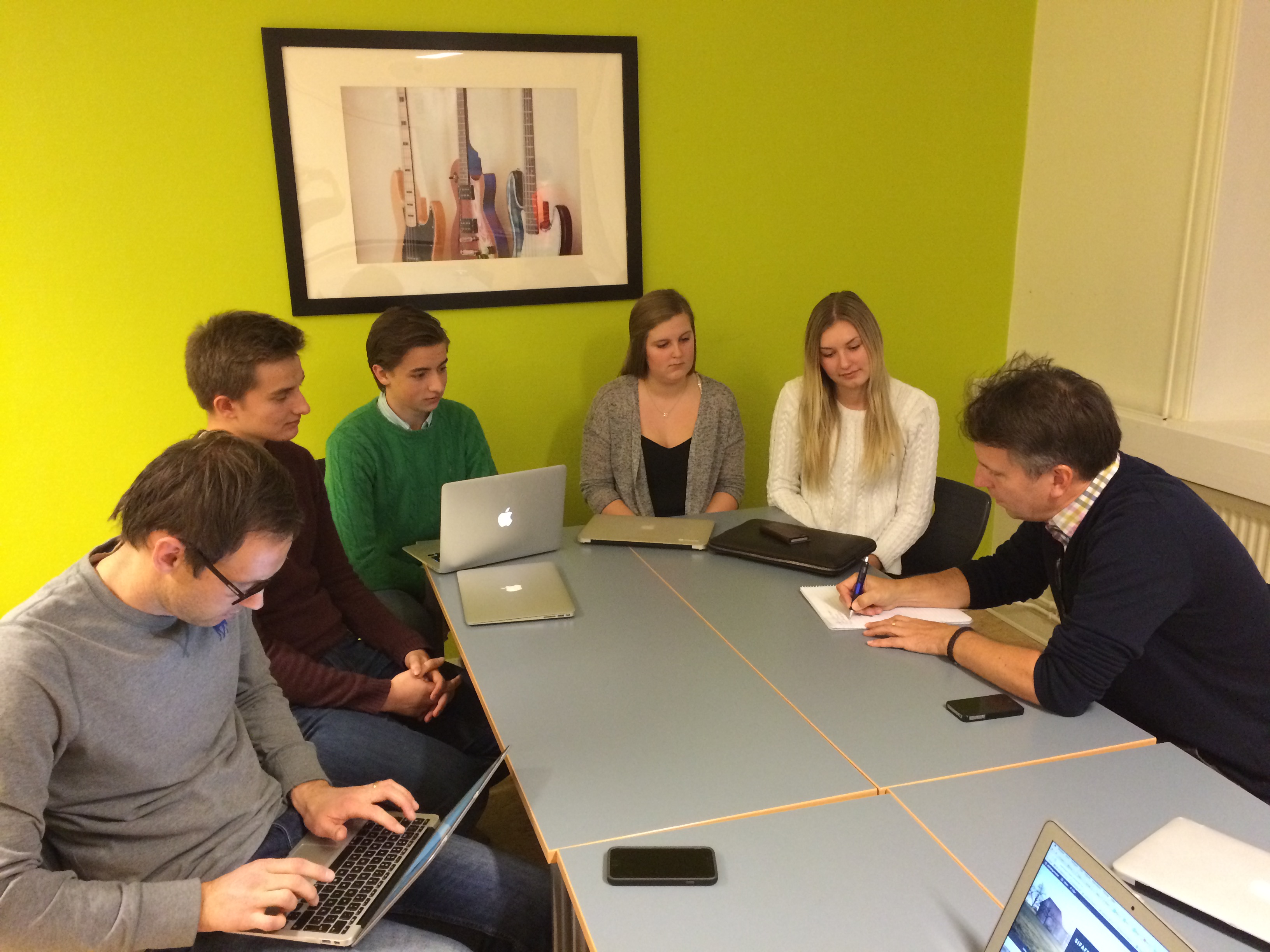 The regional newspaper interviewed students, teachers and the project coordinator at Fridagymnasiet, Vänersborg, before the meeting in Austria in December.
The regional newspaper interviewed students, teachers and the project coordinator at Fridagymnasiet, Vänersborg, before the meeting in Austria in December. 